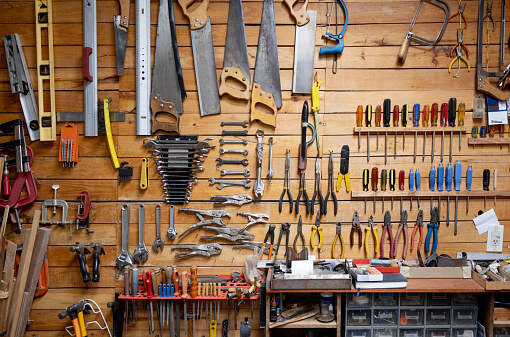Fasteners Industry Information III
June 08,2023
The Importance of Fasteners in Modern Industry
Fasteners are ubiquitous in the world today and are commonly used in almost every piece of equipment and machinery that we use in our everyday lives, from aeroplanes to kitchen appliances. Industries across a wide range of sectors rely on them, such as automotive manufacturing, aerospace, furniture, household appliances, building and construction, security, military and defence, electronics, and HVAC.
The Art of Fastener Installation: Tips and Techniques
The installation of fasteners is typically undertaken using conventional hand tools like hammers, screwdrivers, and even power drills, depending on the intended use and type of fastener.
Understanding Fastener Standards and Specifications
It’s fundamental that the fasteners you purchase exhibit appropriate strength and durability to meet the standards demanded across the country, region, industry, or application, as substandard fasteners may become untightened or cracked over time, leading, in the worst case, to device or machine malfunction. To help customers identify the suitable fastener for the job, a number of organisations, such as the US government, SAE International (a US-based, globally active standards association), and other international bodies such as ISO and ASTM, provide fastener grade designations and certifications for quality assurance.
Things to Consider When Purchasing Fasteners
When deciding on fasteners for a particular product, there are a myriad of considerations to be taken into account.
Choosing the Right Fastener: Factors to Consider
It’s important to identify the correct material for the fastener. This requires an accurate assessment of the environment in which the fastener will be situated. The material can range from metal for a high-strength, vibration-intensified scenario to plastic for an enclosed, static environment.
Analysing the exact needs of the fastener, such as the intended function, size, and material, is an essential part of the purchasing process. Failing to consider these issues can lead to the fastener not performing as necessary, leading to a lowered quality of product. Threads on the fastener should also be considered; if a multiple-thread design is called for, never migrate to a single-thread design, as this will not do the job properly.
The Right Finish for the Job: Choosing the Best Coating
Once the design requirements are established, an appropriate finish must be chosen that is both right for the product and will maintain its durability. The metal grade and gauge thickness should be appropriate for the job, and taking on dangerous tolerances that are not required will both increase costs and decrease product quality.
Cost Cutting vs. Quality: The Dangers of Cheap Fasteners
A common approach that businesses take in order to save money on fasteners is to avoid ordering higher-quality materials. Doing this is a mistake, as any failing or loose fasteners could lead to serious repercussions and damage the reputation of the product and the brand producing it. It is best to invest in the right fastener the first time.
Finding the Right Manufacturer for Your Fastener Needs
The right manufacturer is the one that takes pride in their work and aims to meet your deadline, budget, and specifications while delivering the highest quality fasteners in the market. We offer an extensive list of highly reliable manufacturers for you to browse here at the top of this page.
Proper Care and Maintenance of Fasteners: Tips and Tricks
As fasteners can sustain damage from a range of external factors such as corrosion, rust, impact, and heat, it is advisable to keep them lubricated and/or coated with a protective finish. If the product is constructed with a metal fastener, ensure that moisture and exposure to prolonged areas are minimised. For plastic fasteners, hardness should not exceed the recommended limits, and it is important to provide an environment that the material is approved to be used in.
